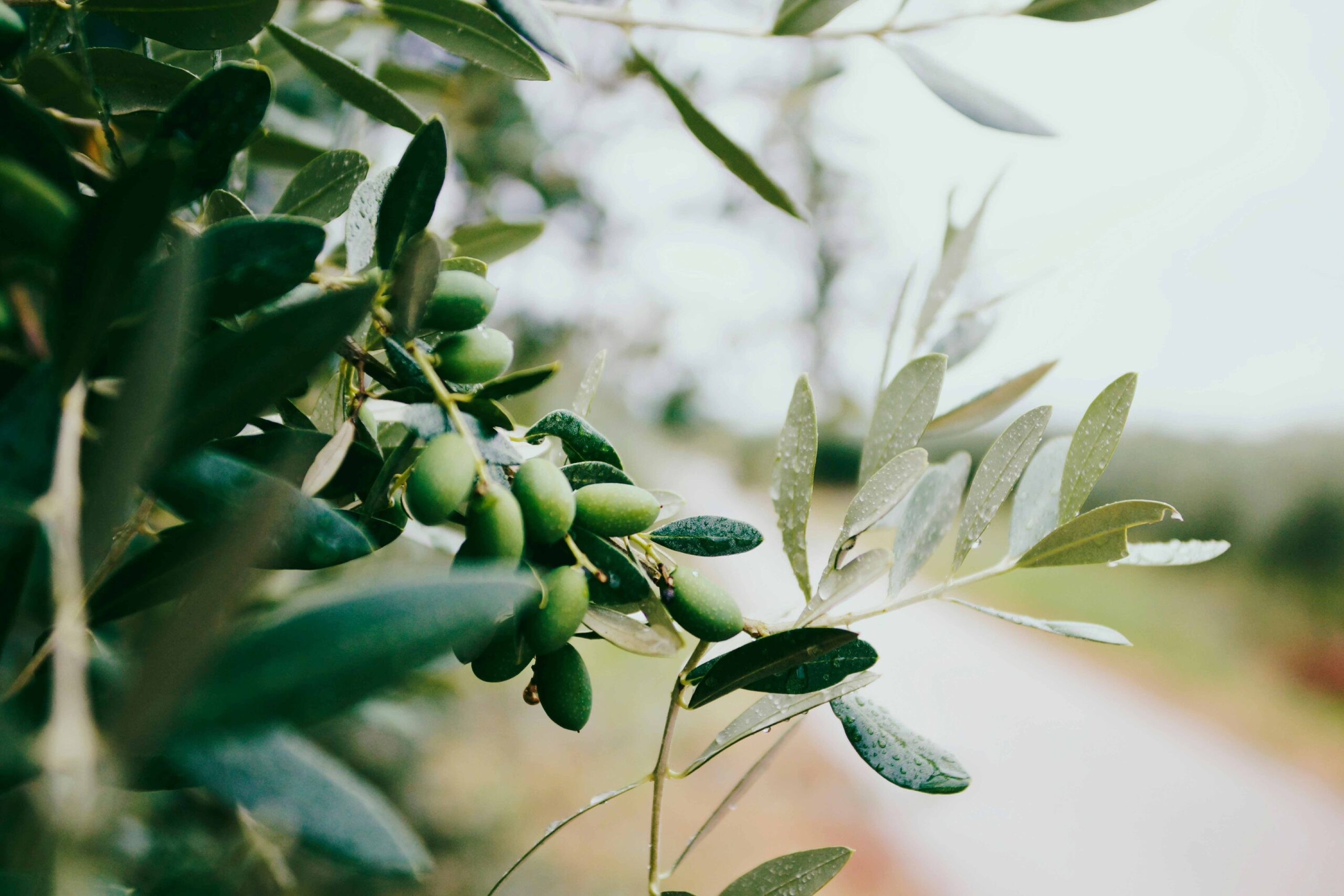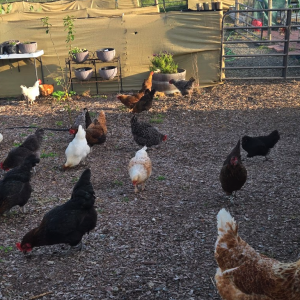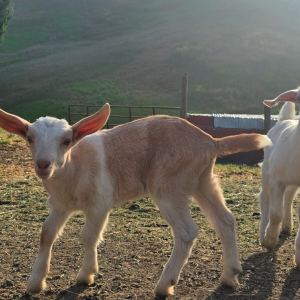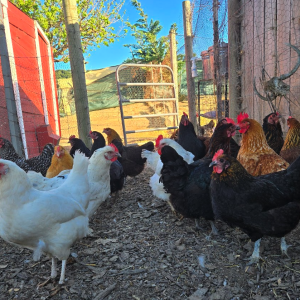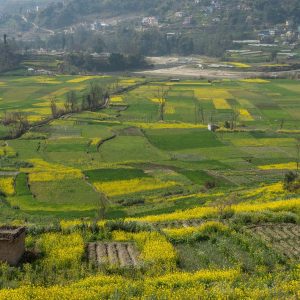Why Tunisian Olive Oil is Unique and Fascinating
Tunisia, one of the world’s top olive oil producers, has a long-standing tradition of olive cultivation dating back over 3,000 years. Its olive oil is renowned for its high quality, rich flavor, and health benefits. Here’s what makes it so special:
1. Tunisia is a Global Olive Oil Powerhouse
- 2nd largest olive-growing area in the world (after Spain), with over 90 million olive trees covering 1.9 million hectares.
- 4th largest olive oil exporter globally, with an annual production of 250,000–400,000 metric tons (depending on harvest conditions).
- Over 80% of Tunisia’s olive oil is exported, primarily to the EU (Italy, Spain, France), the U.S., and Canada.
2. Unique Olive Varieties & Flavor Profile
Tunisian olive oil has a distinct mild, fruity, and slightly nutty taste, making it versatile for cooking. It primarily comes from two main olive varieties:
- Chemlali (65% of production)
- Grown mainly in central and southern Tunisia (e.g., Sfax, Gabès, Kairouan).
- Produces a smooth, mildly sweet oil with low acidity and high stability.
- Ideal for delicate dishes, salads, and dipping.
- Chetoui (30% of production)
- Grown in the north (Tunis, Bizerte, Beja, Kef regions).
- Yields a robust, peppery oil with higher polyphenol content.
- Great for grilling, marinades, and strong-flavored dishes.
3. High in Health Benefits
Tunisian extra virgin olive oil is rich in:
- Monounsaturated fats (~75%), promoting heart health.
- Polyphenols (300–800 mg/kg), giving strong antioxidant and anti-inflammatory properties.
- Vitamin E (~14 mg per 100g), beneficial for skin and immune function.
A 2022 study found that Tunisian olive oil has among the highest antioxidant levels compared to other Mediterranean oils, making it exceptionally good for health.
4. Ancient Tradition & Sustainable Farming
- Tunisia has been producing olive oil since Phoenician and Roman times.
- Many olive trees are centuries old, with some over 1,000 years old still producing oil today.
- Sustainability:
- Predominantly organic production (over 50% of Tunisian olive oil is organic-certified).
- Traditional rain-fed farming, requiring minimal irrigation.
5. Award-Winning & International Recognition
Tunisian olive oil has gained global recognition, winning top awards in recent years:
- Olivko & Triomphe Thuccabor (Chetoui-based oils) – Gold winners at NYIOOC (New York International Olive Oil Competition).
- Ulysse & Terra Delyssa (Chemlali-based oils) – Recognized for smoothness and purity.
- The EU and U.S. import bulk Tunisian olive oil and blend it with their local oils, often selling it under Italian or Spanish labels.
6. Rising Global Demand & Exports
- The U.S. has seen a 400% increase in Tunisian olive oil imports over the last decade.
- Tunisia exported over 200,000 tons of olive oil in 2023, with growing markets in China, Japan, and Brazil.
- Certified organic Tunisian olive oil is in high demand due to its superior quality and health benefits.
7. Culinary Versatility
- Drizzle over fresh salads or use in traditional Tunisian dishes like Mechouia salad.
- Perfect for cooking couscous, grilling meats, and making harissa.
- Great for dipping with warm bread, thanks to its smooth and rich texture.
Conclusion: Why It’s So Interesting
- Ancient Tradition Meets Modern Excellence – One of the oldest olive oil producers with cutting-edge quality.
- Unique & Versatile Flavor – Mild yet complex, suitable for various dishes.
- Health Superfood – High in antioxidants, promoting longevity.
- Organic & Sustainable – Naturally grown without excessive irrigation or pesticides.
- International Acclaim – Competes with top European oils, winning major awards.

